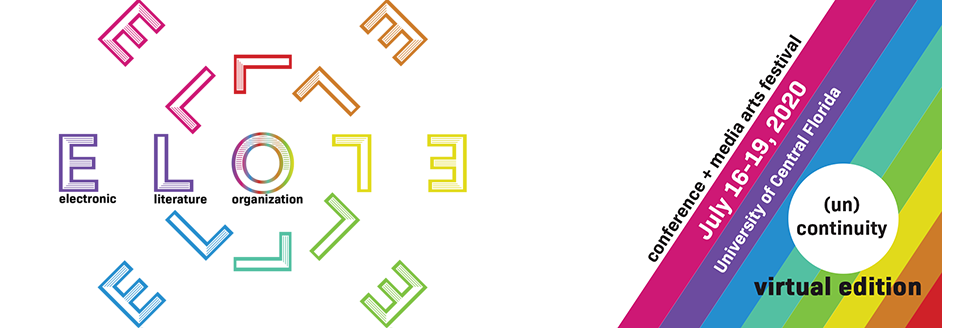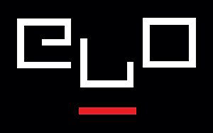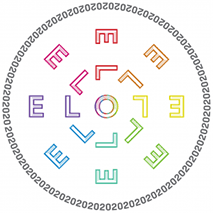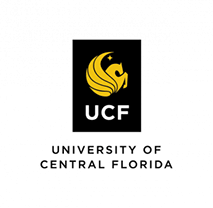Submission Type
Conference Proceedings Paper
Abstract
This discussion examines the evolution and lessons of four artistic performance works that engage with text and imagery with the mindset of a composer, rather than as an author or visual artist. The works involve computer music, improvisation, video art, generative art techniques, and challenging aesthetics. An analytical discussion reveals that different forms and mechanisms of reading are manifest in the artworks, and reflections upon these elucidate the intermedial nature of reading and the productive, expressive potential of interfering with these processes.
Included in
Audio Arts and Acoustics Commons, Composition Commons, Fine Arts Commons, Interactive Arts Commons, Interdisciplinary Arts and Media Commons, Music Performance Commons, Visual Studies Commons
Productive Misreading in Intermedia Art: Four Approaches by a Musician
This discussion examines the evolution and lessons of four artistic performance works that engage with text and imagery with the mindset of a composer, rather than as an author or visual artist. The works involve computer music, improvisation, video art, generative art techniques, and challenging aesthetics. An analytical discussion reveals that different forms and mechanisms of reading are manifest in the artworks, and reflections upon these elucidate the intermedial nature of reading and the productive, expressive potential of interfering with these processes.





Bio
Jeff Morris creates musical experiences that engage audiences’ minds with their surroundings. His performances, installations, lectures, and writings appear in international venues known for cutting-edge arts and deep questions in the arts. He has won awards for making art emerge from unusual situations: music tailored to architecture and cityscapes, performance art for the radio, and serious concert music for toy piano, robot, Sudoku puzzles, and paranormal electronic voice phenomena.
He has presented work in the Onassis Cultural Center (Athens), Triennale Museum (Milan), D-22 (Beijing’s avant-garde music scene), the International Symposium on Electronic Art (Vancouver, Canada), the Lyndon B. Johnson Presidential Library and Museum (Austin), the Chicago Architecture Foundation’s “Open House Chicago,” and the Boston Microtonal Society. His work has won awards in the Concours de Bourges (France), Viseu Rural (Portugal), “Music in Architecture” International Competition (Austin), the Un“Cage”d Toy Piano Competition (NYC), and the “Radio Killed the Video Star” Competition (NYC). His music is on Ravello Records.